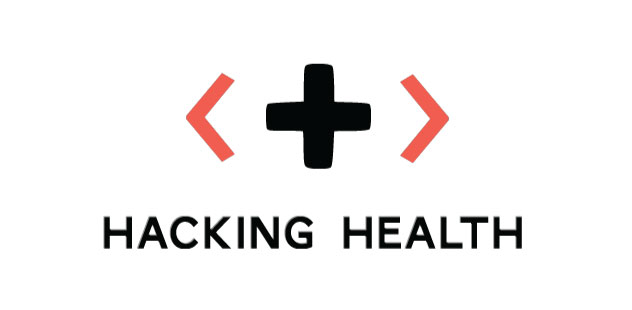
Montreal Hacking Health Café
The evening started off with Dr. Andre Piccolomini presenting upcoming diabetes monitoring functions of the TacioHealth app. He pointed out that having in-house domain expertise is essential to making successful health apps. In his case, he brings 15 years of dietician experience to the product team. Even so, the product has certainly also benefited from patient feedback.
The IDE3S team received many appreciating nods when presenting their app which allows patients to communicate with doctors in other languages. Using rich iconography and simple words, the patient can overcome the language barrier of communicating symptoms to a doctor. Further, the navigation structure offers extra context that can suggest other related symptoms to communicate to the doctor.
We were truly taken aback by Molecular Materials Informatics’ experimental project. To better facilitate the sharing of new drug discoveries in the field of rare diseases, Dr. Alex M. Clark and his colleague have created the ODDT app (Open Drug Discovery Teams). By harvesting content from Twitter and filtering it via crowd-sourced ranking, rare disease drug data can now be exchanged rapidly. Imagine the impact it will have when it becomes a web-based tool.
The final talk, given by Dr. Sathy Rajasekharan of MCBI (McGill Centre for Biomedical Innovation), introduced the winning idea of their mHealth Challenge, “My First Surgery”, an iPad app to inform children (and parents) undergoing a first surgery, which will be formally presented in a future Hacking Health Café. The goal of his main talk was to encourage the healthtech industry to engage with the university to run related research and validate their concepts.
Multi-disciplinary collaborations, initiatives and innovations are always exciting, but when they have the potential to positively impact people’s lives, you feel even more inspired. Thanks for a great event Hacking Health – we’re looking forward to the next one!
By Natalie Jhaveri
0 Comment(s)